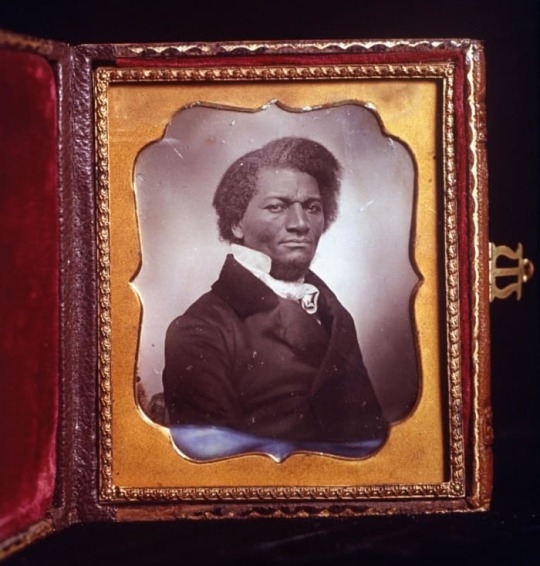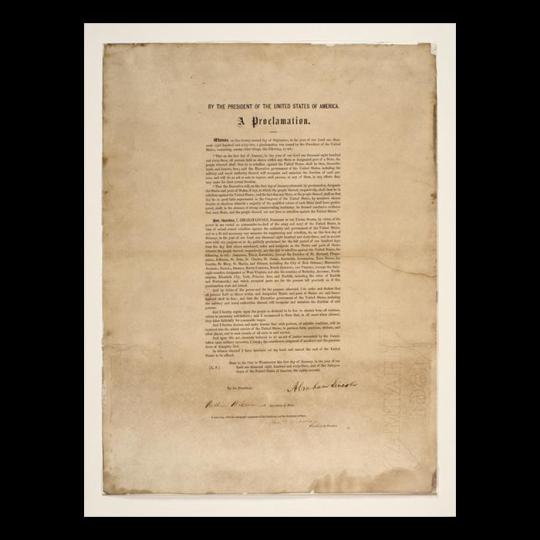#abolish slavery
Abolition Journal’s Inaugural Issue – Call for Submissions
Abolition: A Journal of Insurgent Politics is seeking submissions for the journal’s inaugural issue. Abolitionis a collectively run project supporting radical scholarly and activist research, publishing and disseminating work that encourages us to make the impossible possible, to seek transformation well beyond policy changes and toward revolutionary abolitionism. In that spirit, the journal invites submissions that engage with the meaning, practices, and politics of abolitionism in any historical and geographical context. This means that we are interested in a wide interpretation of abolitionism, including topics such as (but in no way limited to): prison and police abolitionism, decolonization, slavery abolitionism, anti-statism, anti-racism, labor organizing, anti-capitalism, radical feminism, queer and trans* politics, Indigenous people’s politics, migrant activism, social ecology, animal rights and liberation, and radical pedagogy. Recognizing that the best movement-relevant intellectual work is happening both in the movements themselves and in the communities with whom they organize, the journal aims to support activists, artists, and scholars whose work amplifies such grassroots activity. We encourage submissions across a range of formats and approaches – scholarly essays, art, poetry, multi-media, interviews, field notes, documentary, etc. – that are presented in an accessible manner.
Abolition seeks to publish a wide variety of work and this call is open to various forms of writing and creative material. While strict word limits will not be enforced, we suggest the following ranges for submissions:
- Short Interventions (1000-2000 words);
- Scholarly Papers (5000-10000 words);
- Interviews (3000-5000 words);
- Creative Works (open).
All submissions will be reviewed in a manner consistent with the journal’s mission. We are building relationships for a new kind of peer review that can serve as an insurgent tool to work across and even subvert the academic-activist divide and reject hierarchical definitions of “peers.” Thus, our Collective and Editorial Review Board are comprised of individuals who approach abolitionism from varied personal, political, and structural positions. Unlike most journals, our review process includes non-academic activists and artists in addition to academics. Editorial decisions will be made according to principles of anti-hierarchical power, democratic consensus, and with a preference for work produced by members of under-represented groups in the academy and publishing. For more information about the journal, please see our website,http://abolitionjournal.org. All of our publications will be accessible, free, and open access, rejecting the paywalls of the publishing industry. We will also produce hard-copy versions for circulation to communities lacking internet access and actively work to make copies available to persons incarcerated and detained by the state.
To be considered for Issue One, please submit completed work (including papers, interviews, works of art, etc.) by January 15, 2016. Submissions and inquiries can be sent to [email protected].
[Photos in banner image: Ferguson protester from James Keivom/New York Daily News; Mi’kmaq anti-fracking protester from @Osmich]
Post link
There are always questions in regard to slavery such as, “When did the first slaves make it to the America’s?”, “Who approved of such cruelty?” Slavery has inhabited every corner of the globe and still lives on today. Our story of slavery begins in the 1400’s after the Portuguese embark on exploring the coast of West Africa. King Charles II legalized the Trans-Atlantic Slave Trade in the mid 1600’s. This aloud the Royal African Company to transport Africans they called “black gold” to the Americas. By this time, plantations in both the Caribbean Islands and America were booming and owners needed an abundance of slaves to maintain their cash crops. As the number of Africans began to diminish from the coast, Europeans moved inland raiding small towns and villages. You can find more information here.
This is an illustrated image published in The Graphic(a popular London illustrated weekly newspaper) that depicts Muslims raiding and kidnapping people in the East Central Africa region.

During the years 1525-1866, 12.5 million Africans were taken from Africa to the New World. Approximately 300,000 of those Africans were shipped to America. The last U.S. slave ship docked in Mobile Bay 3 years before the Emancipation Proclamation was signed by Abraham Lincoln in January of 1863. She was called Clotilda and came with 110-160 slaves. Here is a picture of what the ship looked like and the path it took to get to America.

Among the thousands of slaves that were taken from Africa to America was Frederick Douglass’ family. Frederick Douglass was actually born Frederick Augustus Washington Bailey and was raised a slave. He ran away at age 20 and adopted the surname “Douglas” after Sir Walter Scott’s The Lady of the Lake. He wrote three autobiographies discussing his life as a slave and two additional biographies (My Bondage and My FreedomandThe Life and Times of Frederick Douglass) that elevated the southern culture. Below is a picture of Douglass in his younger years.

Known as the most important black American leader of the 19th century, Douglass was also a great orator and writer of persuasive power. He was an abolitionist long before the Civil War and even met with President Abraham Lincoln convincing him that “the negro is the stomach of the rebellion”. In other words, if Lincoln frees the slaves he will have more Union soldiers to fight against the Confederacy. After the Emancipation Proclamation takes effect in January of 1863, Douglass recruits black soldiers for the Union. An original hand-signed Leland-Boker edition of the Emancipation Proclamation lives at the Allen County Public Library.

Lincoln valued Douglass’ opinions greatly. Frederick Douglass advocated for issues concerning unequal pay and treatment of African American soldiers and racial inequality. In his book The Life and Times of Frederick Douglass, he wrote,
“Though slavery was abolished, the wrongs of my people were not ended. Though they were not slaves, they were not quite free. No man can be truly free whose liberty is dependent upon the thought, feeling, and actions of others, and who has himself no means in his own hands for guarding, protecting, defecting, and maintaining that liberty.”
Douglass knew the first step to African American independence was the abolishment of slavery, but he knew the equality of whites and blacks would only come with time and with strong leaders to carry-on his legacy. Here is a picture of the abolitionist himself in later years.

In April of 1865, Frederick Douglass along with thousands of people across America mourned the death of President Abraham Lincoln. In Douglass’ eulogy for Lincoln, he strongly states, “…Abraham Lincoln, while unsurpassed in his devotion, to the welfare of the white race, was also in a sense hitherto without example, emphatically the black mans President: the first to show any respect for their rights as men.” Because of this, Douglass gave the citizens of the United States hope for the future; to walk in our martyred President’s footsteps and continue the life Lincoln would have wanted us to live. Below is a picture of Lincoln’s funeral procession in New York.

During Frederick Douglass’ last years he was involved in local politics and served as a marshal for the District of Columbia. His wife of 44 years, Anna Murray, passes away and he remarries Helen Pitts, a white woman. Although his decision to marry Helen stirred controversy, Douglass continued to advocate for the rights of African Americans and even women. He supported Elizabeth Cady Stanton and Susan B. Anthony in their campaign for women suffrage. For reasons such as these we highlight Frederick Douglass’ achievements by composing books to convey his daily struggles and triumphs, teaching it in our classrooms, and continuing to secure the life, liberty, and pursuit of happiness of those Douglass, Lincoln, and many others fought so hard to free.

